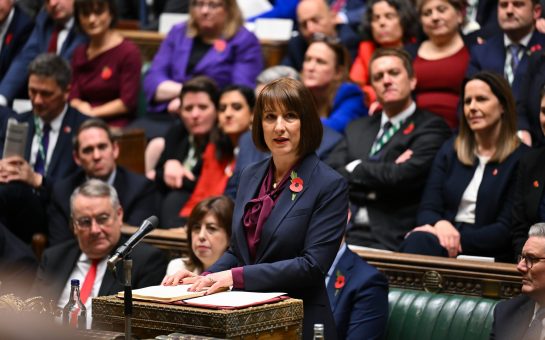Alcohol-related liver disease affects more people in Manchester than anywhere else in the UK, new figures show.
Greater Manchester hospitals dealt with 1,010 emergency admissions for the disease between April 2013 and March 2014 – more than double that of the second worst-hit region.
North Manchester Clinical Commissioning Group had the highest emergency admission rate of all 211 CCGs nationwide, with a figure of 69 admissions per 100,000 registered patients.
The national average is 24.1 per 100,000 – just over a third of the total recorded in Manchester.
Released on Thursday by the Health and Social Care Information Centre (HSCIC), the statistics show little improvement in Greater Manchester, which was among the worst for mortality rates from liver disease in 2012.
Councillor Mike Connelly, leader of Bury Council and leader of a Greater Manchester Combined Authority strategy group to tackle problems caused by alcohol in the region, has called for Mancunians to pull together to rid the city of the ‘scourge’.
He said: “The impact of alcohol abuse is huge and it’s everybody’s business.
“It impacts on the health and wellbeing of our residents, the safety of our communities and the future success of our town centres and their night-time economies.
“It’s essential that all public bodies from across our region work together to tackle this scourge on our society.”
A breakdown of admissions across Greater Manchester showed that Central Manchester CCG and Salford CCG were also above the national average, with emergency admissions per 100,000 patients at 46.9 and 49.4 respectively.
Merseyside came in at second in the regional list, having dealt with 414 incidents in total over the 12-month period.
Hertfordshire and the South Midlands had the lowest rate of all, dealing with only 335 admissions.
Kingsley Manning, chair of HSCIC, said: “This map paints a powerful picture of one of the many impacts that alcohol has on patients and the NHS in this country.”
Image courtesy of Simon Cocks with thanks



